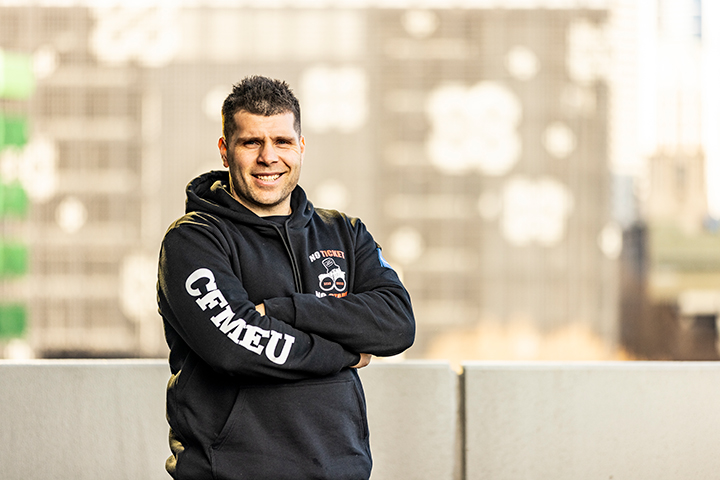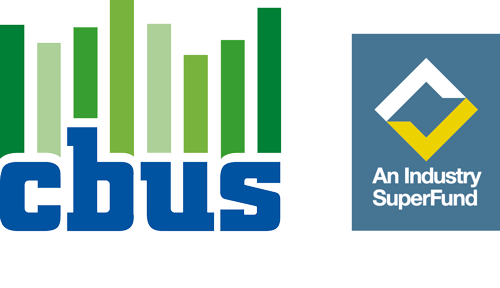
“Many ‘black cladding’ businesses underpay and exploit Aboriginal workers,” says the Union’s Indigenous organiser, Joel Shackleton.
“It is also not uncommon for companies that have won contracts under the auspices of being an ‘Aboriginal company’ to employ mostly non-Aboriginal workers.


